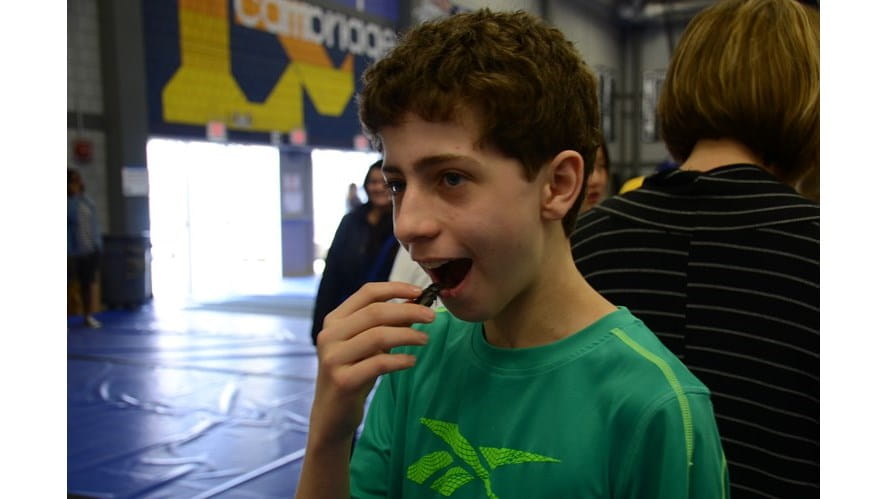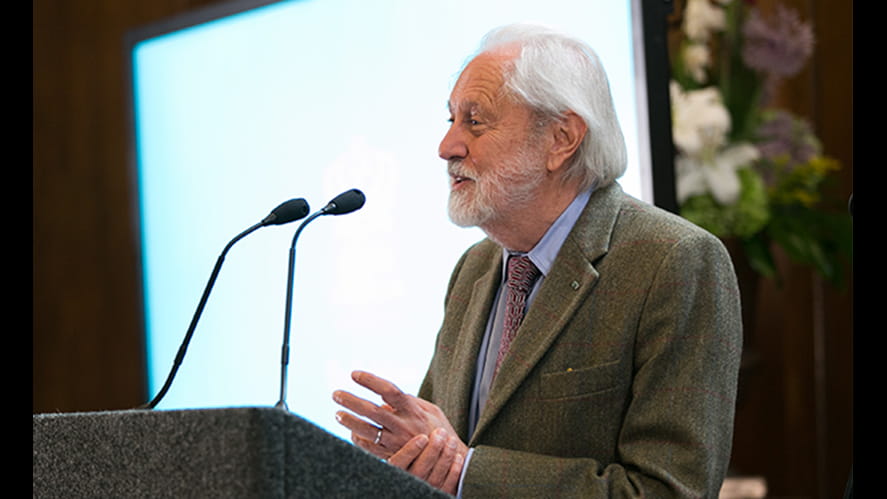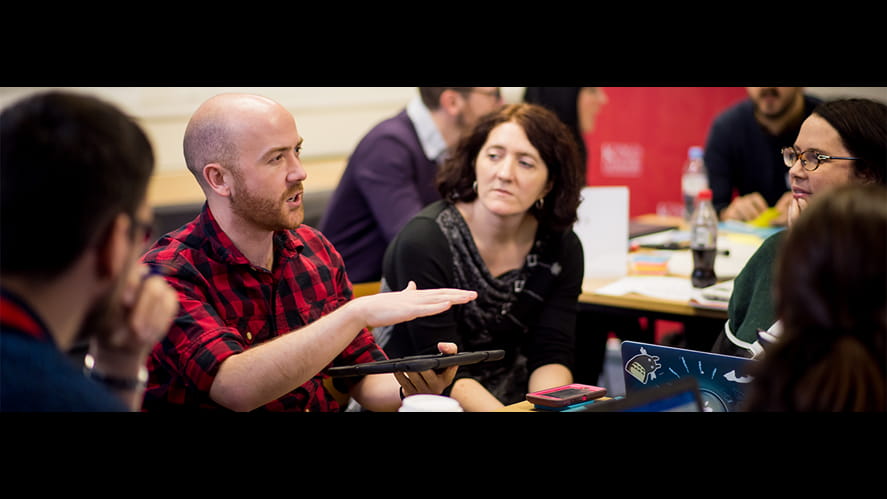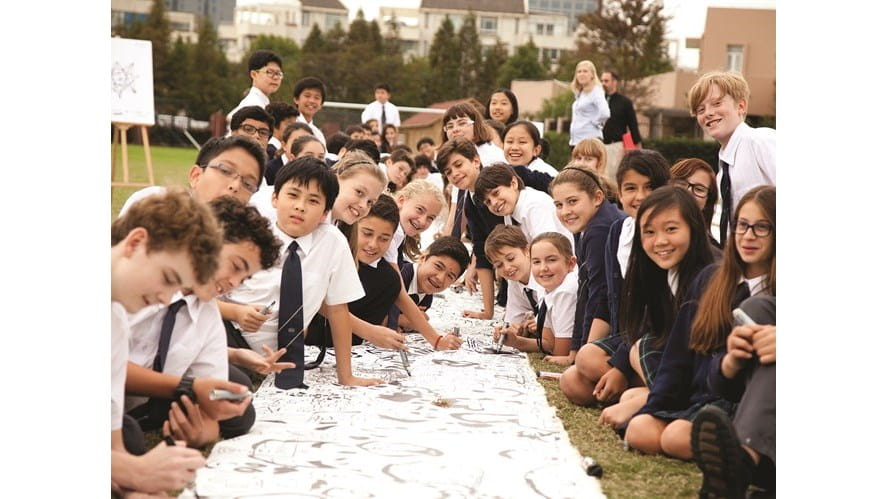BISB Explores Edible Insects
Are edible insects the way of the future? Could eating more insects improve our nation's sustainability efforts and reduce hunger issues? BISB explored these questions last week at the Cambridge Science Festival.
Are edible insects the way of the future? Could eating more insects improve our nation's sustainability efforts and reduce hunger issues? BISB explored these questions last week at the Cambridge Science Festival.
On Saturday, April 18, British International School of Boston teachers and students volunteered at the annual Cambridge Science Festival, running a booth to educate festival visitors about edible insects.
The booth not only got people talking about the potential benefits of eating insects, but also had a wide variety of insects available for people to taste, from simple crickets and ants to the more challenging scorpions, rhino beetles and tarantulas.
The idea for the booth came from the chemistry studies of Year 10 students at BISB, which have been focused on the food industry and sustainable farming methods.
"It can be argued that chemists play a leading role in trying to ensure that every human has enough to eat around the world," said BISB Head of Science Tom Murphy. "The work of classic scientists like Sir John Lawes and Fritz Haber once proved instrumental in developing effective fertilizers, and now we look to modern organizations such as Rothamsted Research to come up with effective, specific and sustainable pesticide and herbicide molecules, as well as the use of genetic modification to guarantee global food supplies."
In their research, the Year 10 students discovered the scale of the impact that livestock farming ,such as cattle production, has on both local and global environments. The rearing of cows for meat can deeply disturb local ecosystems and is commonly associated with increased deforestation and the rise of global temperatures.
The students also discovered that in many Eastern cultures humans have, for thousands of years, turned to insects as a source of nutrition. In fact, the students found out that pound-for-pound many insects contain more protein than beef, as well as other essential nutrients.
"As such, we decided to use our stand at the Cambridge Science Festival's Science Carnival to raise this issue with fellow science enthusiasts, and ask people to step outside their comfort zone and eat an insect," Murphy said. "The stand was extremely popular at the festival and it was great to see such a wide range of reactions to this thought-provoking issue, from young children who wanted to try everything to a US Marine who wouldn’t even come near the table for fear of the bugs."
Murphy said that many people at the festival tried one of the edible insects, and almost all of them enjoyed the taste. BISB students baked brownies and cupcakes with locust flour to make tasting insects even more palatable to those who were nervous about eating a bug.
The festival, Murphy said, raised a lot of important questions among the students and the visitors, including whether it mainly the appearance of insects that keep them off our plates in the U.S.
"Perhaps locust brownies are in fact the future," he said.






